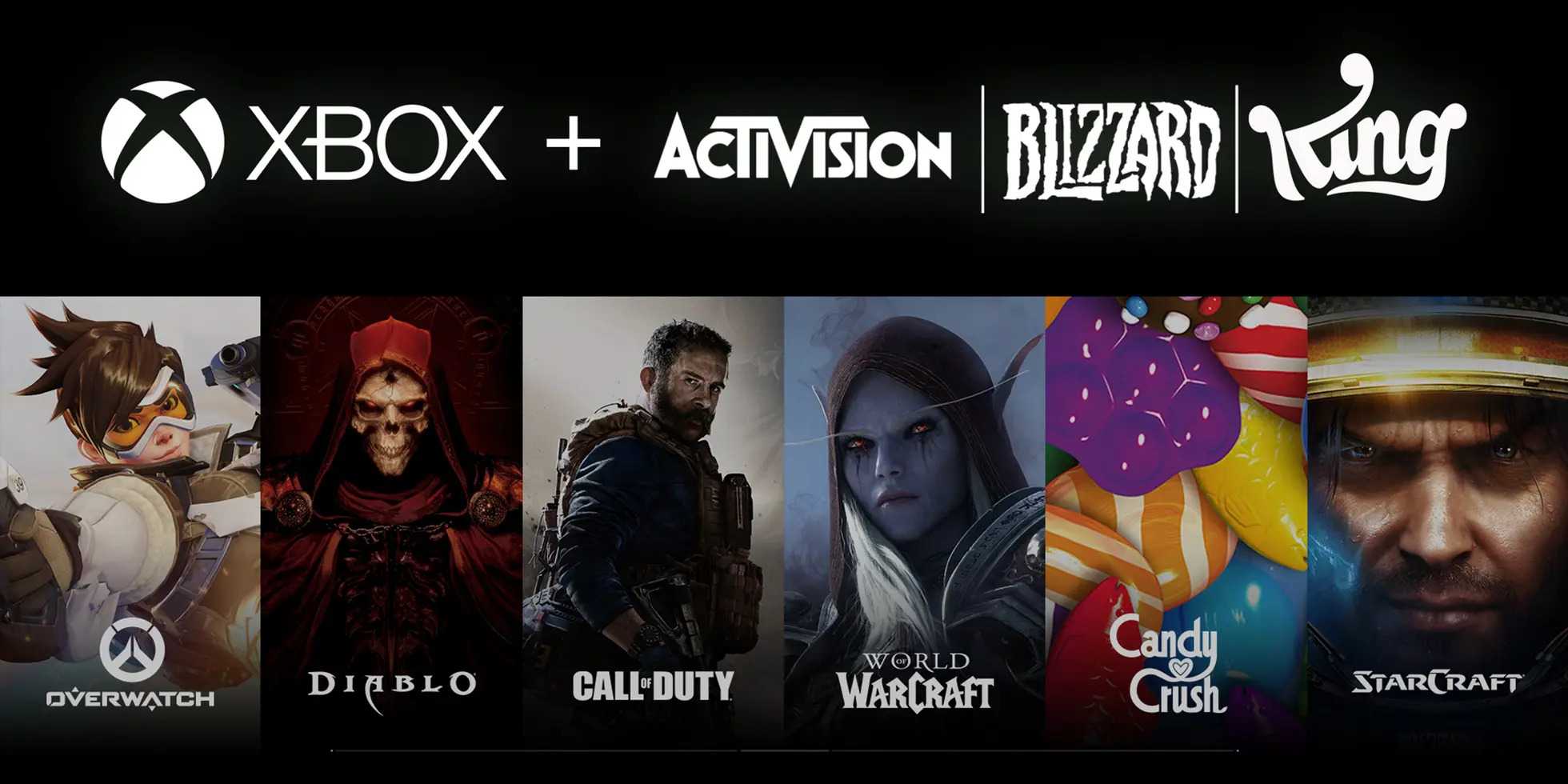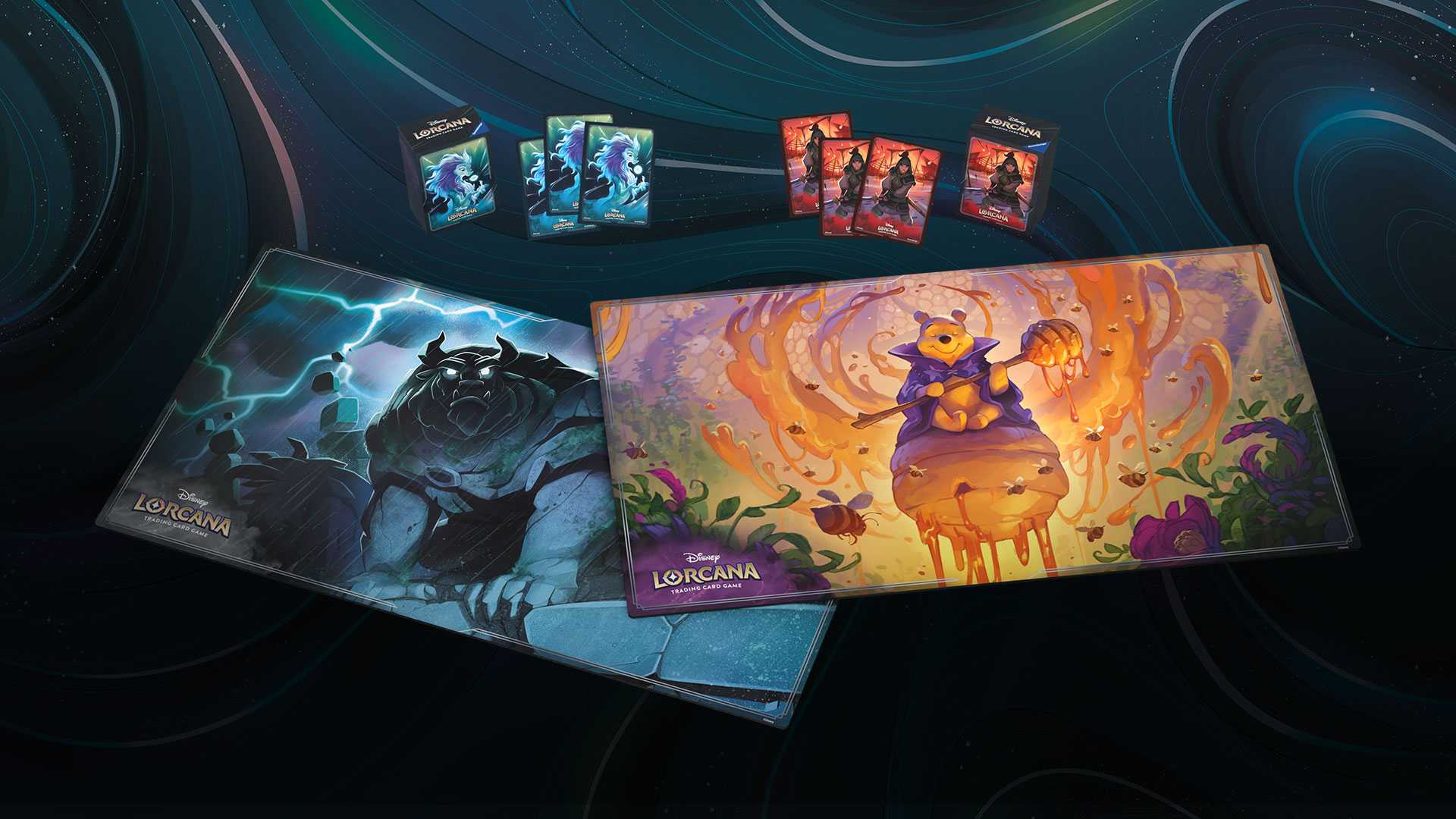The more you play, the more you are willing to pay. Interpret research has found a strong, positive correlation between time spent playing games and the amount of money spent on the activity. In fact, those who spend 20 hours or more playing games each week spend (on average) more than twice as much money as people who play for 5-10 hours each week, according to Interpret’s New Media Measure® data.
Over the last decade, the games industry has evolved to incorporate many methods of monetization. Not only has much of the industry transitioned from one-time physical disc purchases to digital transactions, but many game companies are operating with a games-as-a-service (GaaS) mentality, which leads to increased spending on subscriptions, in-game items, downloadable content, expansion packs, and more.
For this reason, engagement is of critical importance. Game developers must constantly think about ways to retain and continue engaging players if they’re seeking recurring revenue from their titles. But, this investment can pay handsomely as players reward engaging games with increasing amounts of time and money. Moreover, these spending habits present a unique opportunity for game companies who have shown a willingness to experiment with different monetization methods vs. other entertainment sectors like video that have followed Netflix down a path of “all you can eat” for one low monthly fee.







